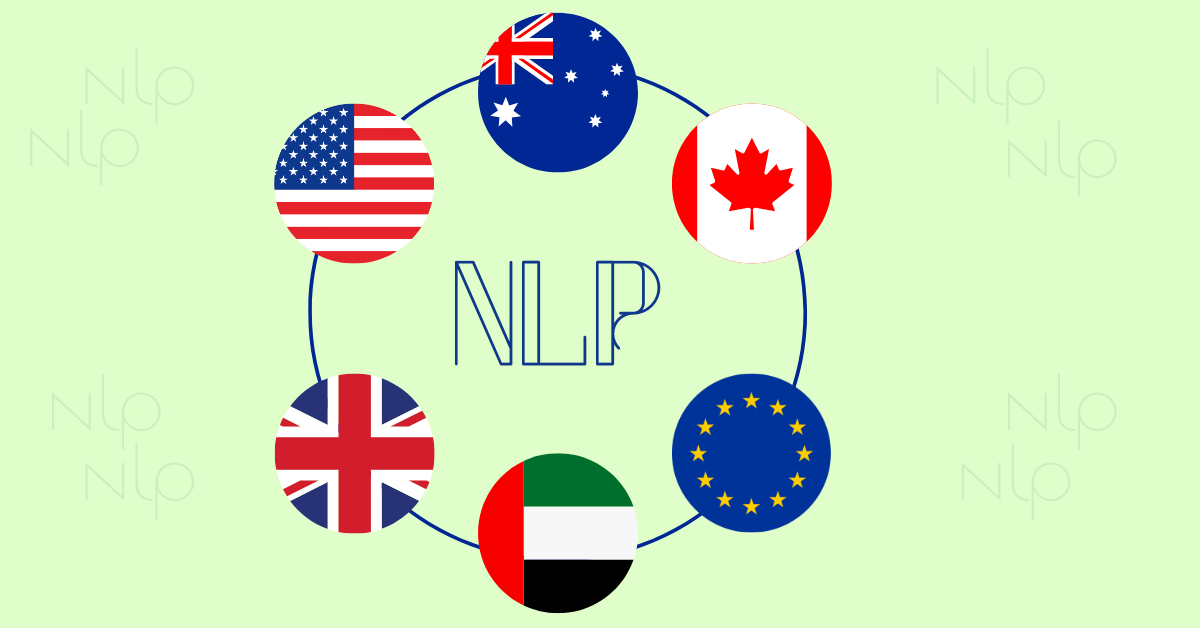Neuro-Linguistic Programming (NLP) coaching blends language patterns, mental processes, and behavioral strategies to foster personal and professional growth. Developed in the 1970s by Richard Bandler and John Grinder, it claims to modify unconscious patterns by analyzing interactions between neurology (“neuro”), language (“linguistic”), and learned behaviors (“programming”). However, its scientific foundations are heavily disputed.
Core Principles and Criticisms
What Practitioners Claim
NLP coaching relies on presuppositions like:
- “What we see or believe doesn’t always reflect what truly exists.”
- “People can reprogram behaviors.”
Common Techniques:
| Technique | Claimed Purpose | Scientific Criticism |
| Anchoring | Create sensory triggers for emotions | Lacks fMRI/EEG evidence; may exploit placebo effect. |
| Eye-Accessing Cues | Detect lies via eye movements | Debunked by peer-reviewed studies (e.g., Cognition, 2012). |
| Reframing | Shift problem perspectives | Overlaps with evidence-based CBT but lacks controlled trials. |
Controversy and Criticism
- No Major Recognition: NLP is not endorsed by the American Psychological Association (APA), the World Health Organisation (WHO), or the National Health Service (NHS) as a validated therapy.
- Evidence Gap: A 2012 Counseling Psychology Review meta-analysis found “little empirical support for NLP assumptions or effectiveness”.
- Pseudoscience Risk: Terms like “reprogram the brain” misrepresent neuroscience.
Reported Benefits vs. Reality
Practitioners assert NLP coaching helps:
- Manage anxiety or phobias (but clinical trials show CBT is significantly more effective).
- Enhance communication skills (anecdotal corporate reports exist, but causality is unproven).
- Boost motivation/confidence (potential placebo effects).
Critical Notes:
🔴 Not a substitute for therapy: NLP coaches lack clinical training to treat PTSD, depression, or trauma.
🔴 Exaggerated marketing: “Instant change” claims are unsupported by longitudinal studies.
Global Availability: Access ≠ Regulation
NLP coaching is marketed in 100+ countries, but legal status varies sharply:
| Region | Availability | Regulatory Status |
| USA/Canada | Widely available; central hub for certifications | Unregulated. No state or province licenses NLP coaches. |
| EU/UK | Active in corporate training (e.g., Germany) | Restricted in France (banned from psychotherapy). No EU-wide standards. |
| Australia | Offered in leadership programs | Not covered by Medicare or private health plans. |
| Asia/UAE | Workshops in Singapore, Dubai, India | No government oversight; self-accreditation only. |
| South Africa | NLPEA members operate in major cities | Not recognized by the HPCSA (Health Council). |
Online Access: Virtual training is available globally (e.g., Business NLP Academy), but quality control is often minimal.
Accreditation: Buyer Beware
NLP credentials are self-regulated and unstandardized:
- Top Issuers: Society of NLP (Bandler-affiliated), ABNLP, INLPTA.
- Training Hours: Ranges from 7-day “certifications” to 120-hour programs.
⚠️ Key Risks:
- ICF Misconception: The International Coach Federation accepts NLP hours for general coaching credentials but does not validate NLP efficacy.
- No Healthcare Parity: Certificates don’t qualify holders as therapists/counselors.
Ethical Considerations
- Scope of Practice: Coaches must avoid treating mental health disorders.
- Evidence Transparency: Clients should be aware of NLP’s disputed validity.
- Misleading Claims: “Guaranteed results” or “brain reprogramming” violate ethical codes (e.g., ICF).
Future Directions: Aspirations vs. Evidence
Some practitioners propose:
- Integrating NLP with AI tools or DEI initiatives (e.g., Fyiona Yong’s corporate workshops).
- Blending with mindfulness (e.g., Visakha Singhania’s methods).
However, no peer-reviewed studies confirm that these approaches outperform conventional methods.
Conclusion: A Field in Need of Reform
NLP coaching continues to attract interest in both personal development and professional settings, yet its legitimacy depends mainly on:
- Disclosing the lack of scientific consensus to clients.
- Replacing pseudoscientific language with evidence-based frameworks.
- Advocating for standardized oversight to curb unethical practices.
“NLP may offer subjective value, but until it adopts rigorous validation, it will remain controversial.”
— Dr. Steven Novella, a neurologist affiliated with Yale and the chief editor of Science-Based Medicine.
Verify Practitioners: Check credentials via Psychology Today (for therapists) or ICF (for coaches), but note: NLP itself is not regulated.

No responses yet